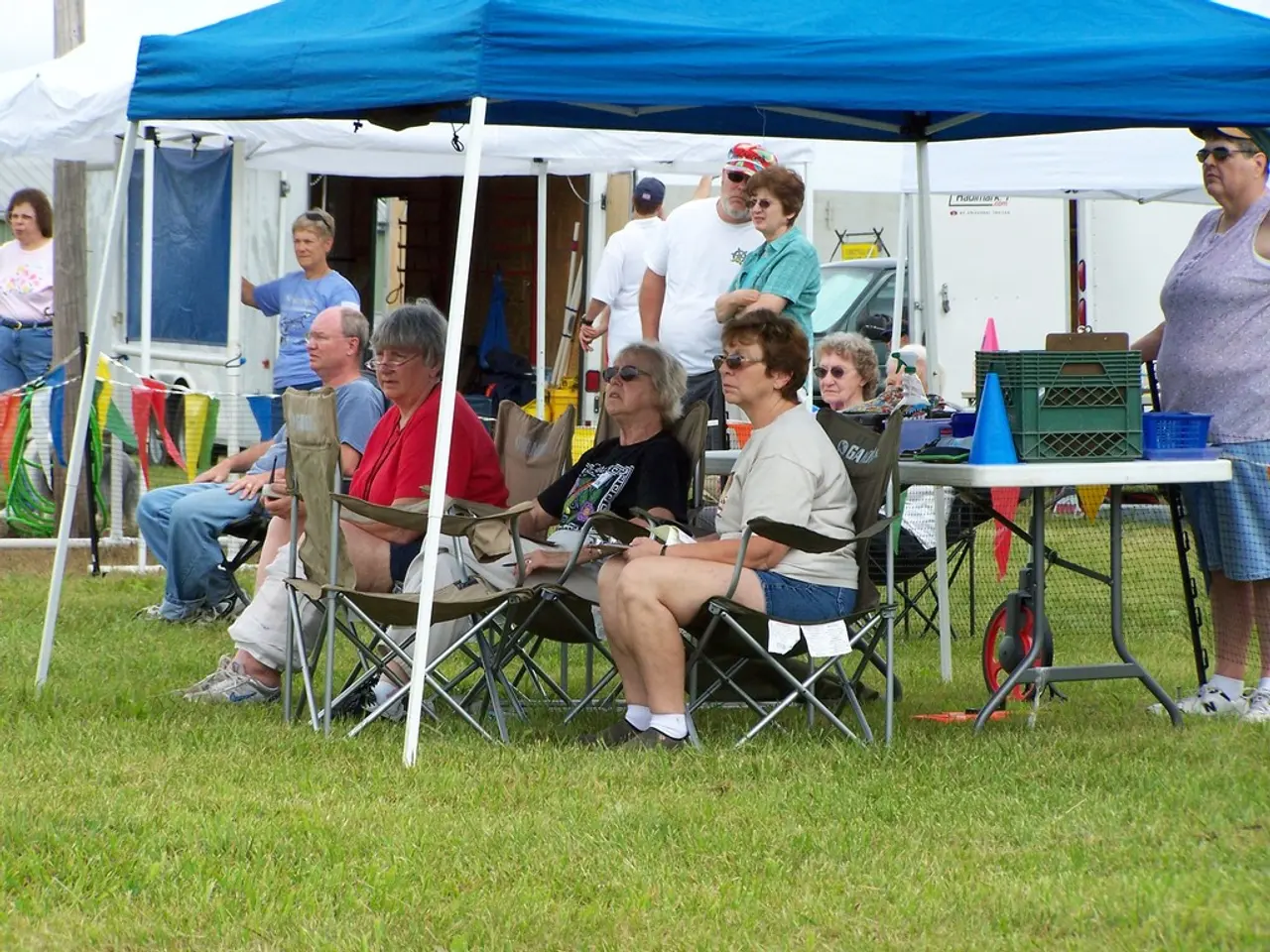Exploring Camping in Ontario: A Comprehensive Guide for Novices and Experts to Maximize Your Outdoor Experience
Camping in Ontario offers a diverse range of experiences, from rustic tent sites to luxury RV accommodations. Whether you're a seasoned camper or a beginner, Ontario's vast array of provincial parks, national campgrounds, and conservation areas cater to all levels of adventure.
## Types of Camping in Ontario
### 1. Tent Camping
Ideal for those who want to connect with nature minimally, tent camping involves setting up a tent on a campsite. Essential items include a tent, sleeping bag and pad, cooking gear, and a flashlight or headlamp. Common mistakes to avoid include not checking the weather forecast before setting up camp and not properly securing the tent to withstand wind or rain.
### 2. RV Camping
Offering more comfort and amenities like beds and kitchenettes, RV camping is a popular choice for those seeking a more luxurious camping experience. Essential items include RV maintenance tools, bedding and towels, power generator or hookup cables, and water and waste management equipment. Common mistakes to avoid include not ensuring the RV is fully serviced before use and not checking campsite restrictions on RV size and type.
### 3. Backcountry Camping
Remote camping accessed by hiking or canoeing, backcountry camping is ideal for those seeking solitude and wilderness adventure. Essential items include a backpack with lightweight gear, bear-resistant containers, water purification tablets or filter, and a map and compass. Common mistakes to avoid include not obtaining necessary permits or adhering to regulations and not planning for emergencies with a first aid kit and emergency shelter.
### 4. Group Camping
Ideal for larger groups, such as family reunions or events, group camping requires a group tent or multiple smaller tents, shared cooking equipment, trash bags and recycling containers, and a first aid kit. Common mistakes to avoid include not planning for adequate space and amenities for the group size and not establishing clear rules for noise and campsite cleanliness.
### 5. Equipped Camping
Campsites that include pre-set tents, cots, and sometimes cooking equipment, equipped camping is ideal for beginners. Essential items include a sleeping bag and pad, personal hygiene items, cooking utensils (if not provided), and a flashlight. Common mistakes to avoid include not checking what equipment is provided and not understanding the campsite rules and regulations.
### 6. Roofed Accommodations
Including structures like cabins, yurts, or oTENTiks, roofed accommodations offer more comfort and protection from the elements. Essential items include bedding and towels, cooking equipment (if not provided), personal hygiene items, and a flashlight or lantern. Common mistakes to avoid include not checking the accommodation's amenities and restrictions and not booking in advance, especially during peak season.
## General Tips for Beginners
1. Be Prepared: Research the campsite and weather conditions beforehand. 2. Plan Ahead: Book campsites early, especially during popular seasons. 3. Pack Wisely: Bring necessary gear based on the type of camping and expected conditions. 4. Respect Nature: Follow campsite rules and leave the site as you found it. 5. Stay Safe: Always carry a first aid kit and know basic first aid techniques.
For more specific guidance, consider consulting camping guides or local park rangers for each type of camping experience.
## Additional Tips
- Periasellappan advises against underestimating the weather when camping. - Glamping, which offers indoor spaces like cabins or yurts, costs around $150-$200 a night. - Donations can be made to the Fresh Air Fund through their website, by mail, or by phone. Tax receipts will be issued. - Car camping, where you can drive right up to your site, is the most common starting point for beginners. - The Fresh Air Fund can be followed on various social media platforms like Instagram, Facebook, TikTok, and LinkedIn. - Car camping usually costs about $70 a night and includes modern luxuries like nearby washrooms and showers. - Alan McKay suggests testing equipment at home before using it on a camping trip. - Sakthi Periasellappan, who runs ontariocamping.ca, suggests researching the amount of gear you can carry before backcountry camping. - The Fresh Air Fund is a charity organization that aims to help children experience the joys of nature in Ontario. - Donation options include Visa, Mastercard, and Amex through the secure form on the Fresh Air Fund's website. - Kitz emphasizes that camping doesn't have to be uncomfortable, and it's possible to do it in a comfortable way. - Backcountry camping requires paddling or hiking into a remote site and brings its own set of challenges. - Mail donations can be sent to the Fresh Air Fund's address in Toronto, ON.
Camping in Toronto's community provides an array of outdoor-living experiences, such as tent, RV, backcountry, group, and equipped camping, along with roofed accommodations like cabins, yurts, or oTENTiks. For news on the best lifestyle choices for home-and-garden enthusiasts and sports enthusiasts, media outlets can offer updates on the latest trends, strategies, and gear recommendations. Canada's health-conscious individuals might find solace in the numerous parks, national campgrounds, and conservation areas, practicing healthier habits while enjoying the great outdoors. Before embarking on any adventure, it's essential to be prepared and respect the environment, ensuring a safe, enjoyable experience for all. To contribute to such efforts, consider donating to charities like the Fresh Air Fund, allowing children to experience the joys of nature and promoting a healthier lifestyle in Canada.





